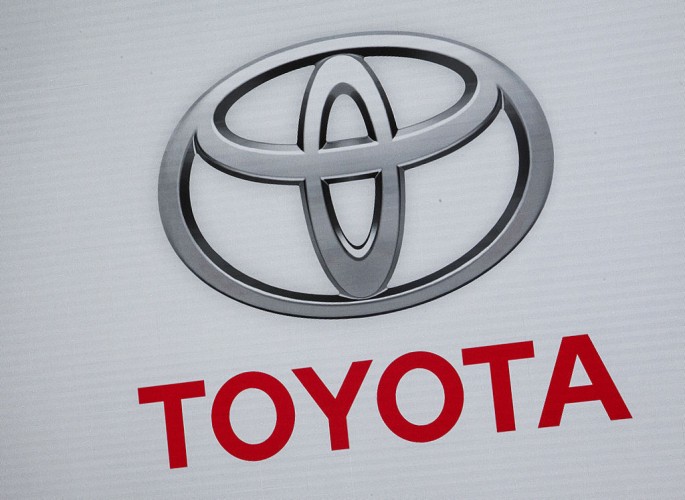Because of their use of advanced technology to prevent frontal vehicular collisions, Japanese and German carmakers topped the list of safest cars in the U.S.
Number one on the 48 Top Safety Pick+ of 2016, released on Thursday, is Toyota Motor. The award was made by the Insurance Institute for Highway Safety (IIHS), an industry-funded group that advocates the manufacture of safer cars through its award of influential ratings, reports Reuters.
Toyota has nine winners, including the Camry. In second place is Honda Motor with eight winners. Third and fourth placers are the embattled Volkswagen AG and Subaru Motor with seven and six awards, respectively.
Only Fiat Chrysler Automotive, among American carmakers, made it to the list with its Chrysler 200 and Fiat 500X models.
Car manufacturers with frontal crash prevention system with automatic breaking capabilities to avert rear-end collisions get top IIHS rating. CBS explains that to get a top score of "Good," it must do well in crash tests for front and side impact and rollover accidents.
The announcement is timely because two days earlier, safety regulators in the U.S. released a proposed revamp of crash safety tests that would result in vehicle manufacturers required to add crash-avoidance technologies for new cars for the carmakers to qualify for top, five-star ratings.
Under the proposed New Car Assessment Program, the U.S. National Highway Traffic Safety Administration suggests three new ratings for cars and trucks on crash avoidance, crash worthiness and pedestrian safety.
There is a second set of list, the Top Safety Pick, with 13 awardees. Awardees often cite the IIHS ratings when advertising their vehicles.
Because of the tougher benchmarks, over 20 winners in the 2015 list failed to qualify in the 2016 list. IIHS President Adrian Lund explains, "As vehicles continue to improve, however, we think it's important to recognize that progress and encourage further advances by making our ratings more stringent."



























